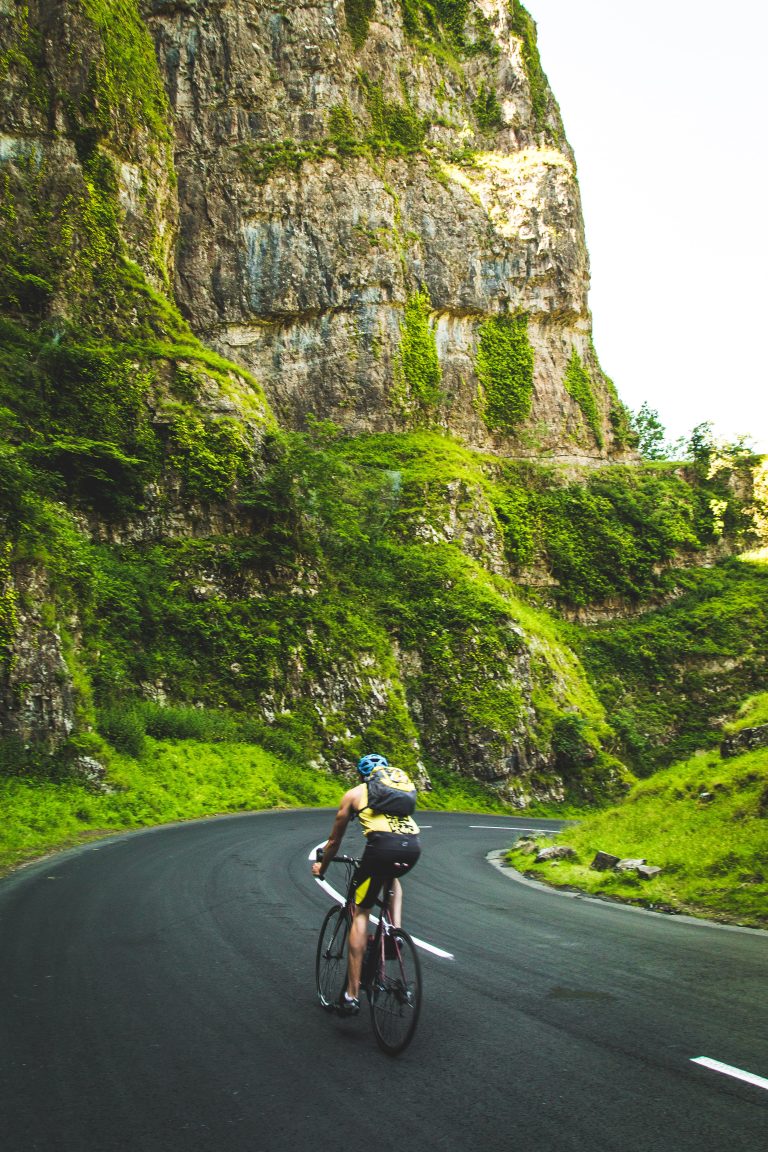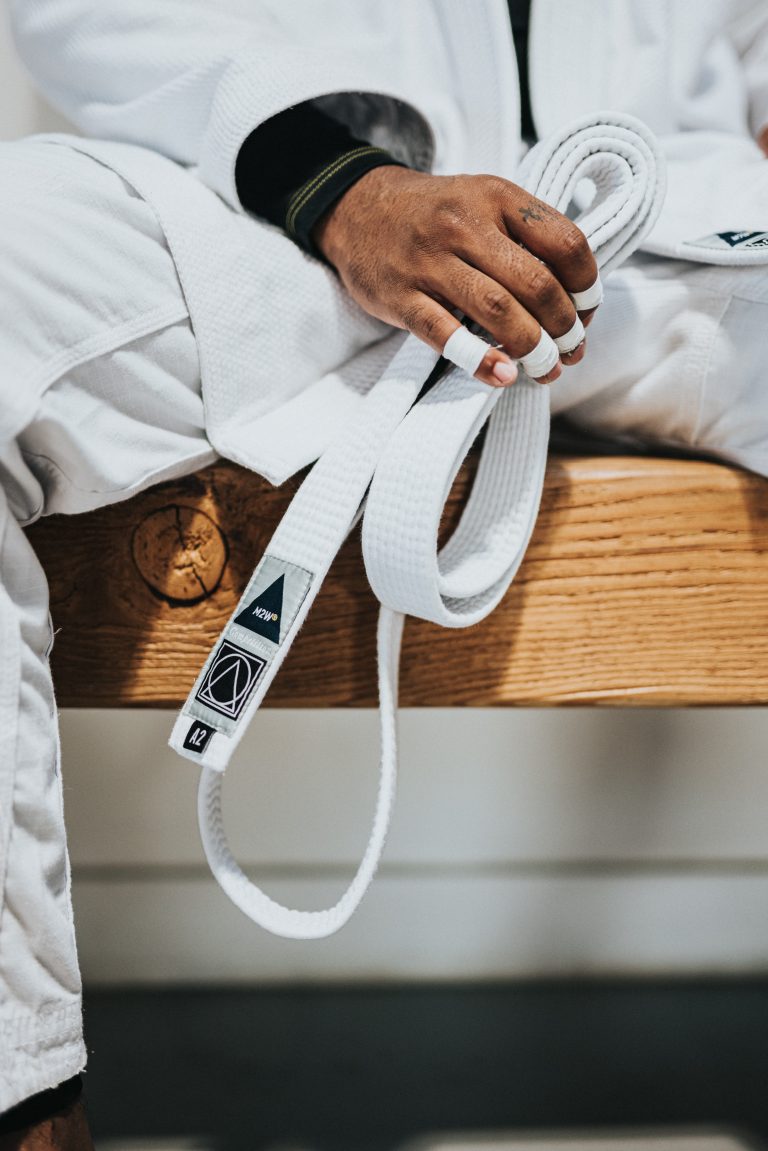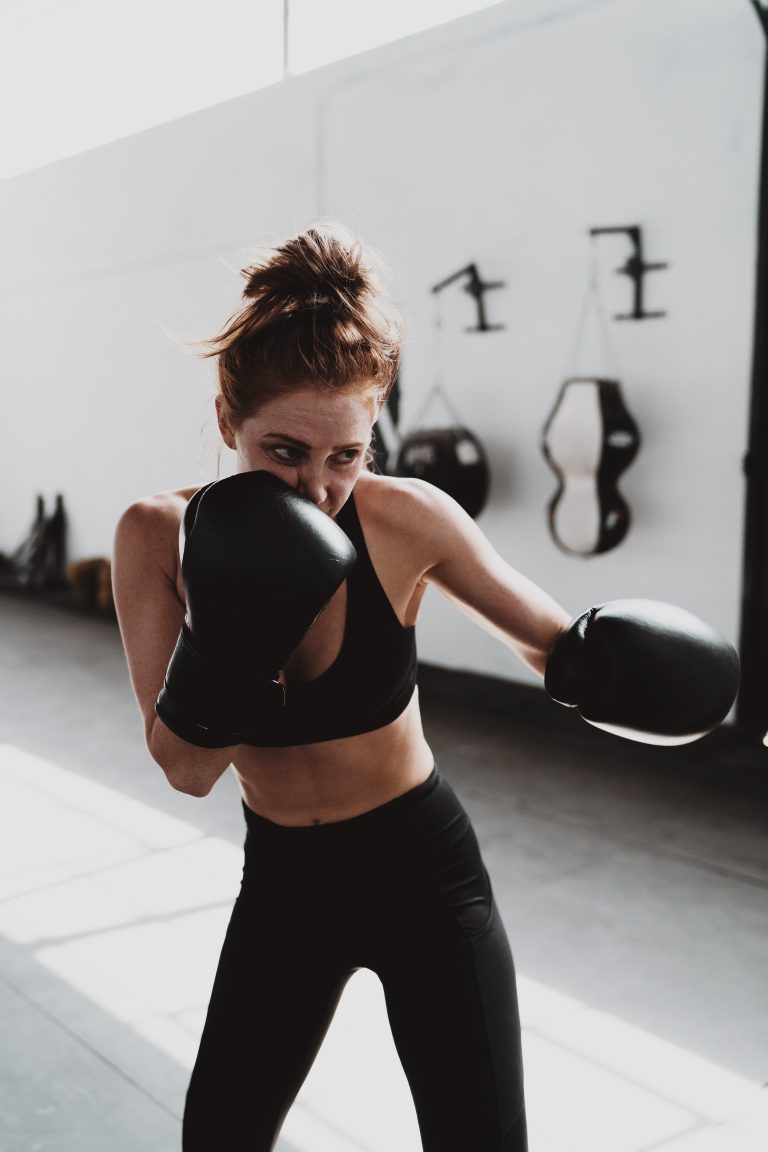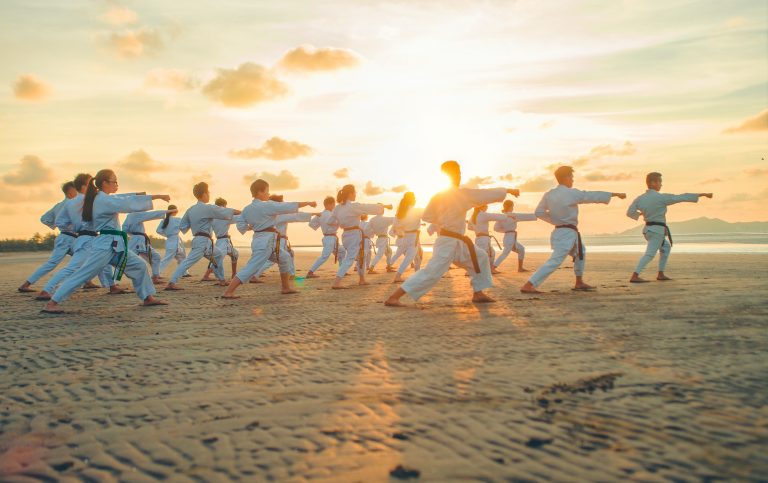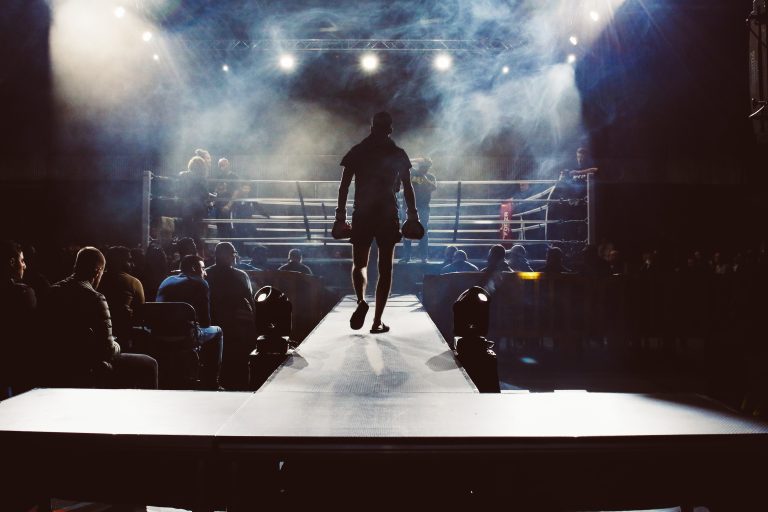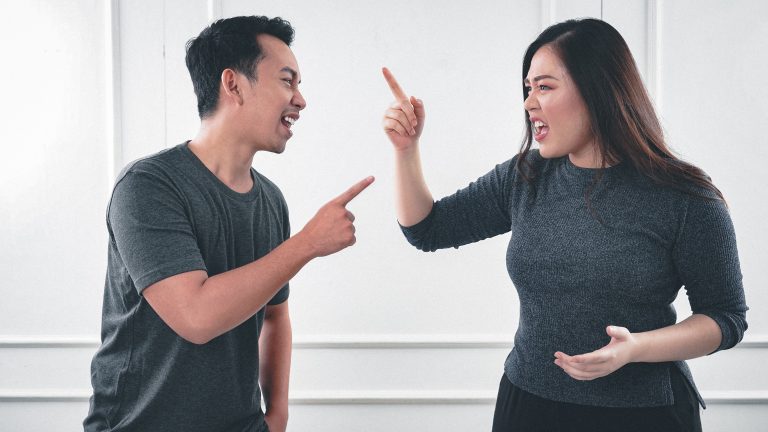Can There be Muscle Memory For Karate Moves?
Karate is a combat sport that dates back to the 16th century. It combines a range of elements, including punching, kicking, blocking, and striking techniques. The concept of muscle memory is well known among athletes. But what, if anything, does it mean for martial arts like karate? In this blog post, we’ll look at what muscle memory is in general, what the effect of muscle memory can be for karate, and explore some strategies to help you develop muscle memory more quickly when learning karate.[1]
What is Muscle Memory?
Muscle memory is a term used to describe how your body can recall a certain motor task repeatedly with near-perfect accuracy. Essentially, it’s a form of motor skill learning that encourages repetition and practice. Once the specific motor task has been learned, your muscles will retain an unconscious memory of it and they can recall the needed movements when called upon. So if you practice a certain kata move numerous times, your muscles will eventually remember how to do it without you needing to consciously remember each move or details of the form.[2]
The Benefits of Muscle Memory in Karate
There are several advantages to having muscle memory when practicing karate. The most obvious benefit is that it increases the speed and ease with which you can learn, practice, and execute techniques. Because your muscles “remember” how to move, you can more quickly and accurately recall and replicate various techniques with minimal conscious instruction. This can help you move ahead more quickly with the more difficult and intricate techniques in karate.[3]
Muscle memory can also help improve the quality of your techniques. By repeatedly performing the same move over and over, you can train your body to perform more precise and fluid movements. Simply put, muscle memory makes karate moves feel more natural, which can make them easier to learn and teach others. Additionally, having muscle memory can lead to higher standards of performance and greater achievement once you move ahead with more advanced techniques.[4]
Strategies to Help You Develop Muscle Memory
Developing muscle memory in karate can take time, but there are a few strategies that can help make it happen more quickly. The first step is to repeat the same moves over and over until they become automatic—the goal here is to form mental and physical habits that don’t require conscious thought or effort. Breaking down the moves into smaller components can also help: performing each part of the move several times before adding new ones gives your muscles time to adjust and remember each piece individually. Additionally, visualizing the technique can help your brain signal the correct movements to your muscles, reinforcing the connection between them.[5]
When learning a move for the first time, it’s also important to use correct technique from the start. That means focusing on your posture and stance as well as gradually progressing from easier levels to more difficult ones over time. Finally, set aside regular practice sessions to ensure that your muscles have enough time to “remember” the techniques. Spaced repetition—practicing a move for a few days then taking a break for a few days before returning—can also help promote better recall.[6]
Conclusion
Having muscle memory for karate moves is an incredibly useful thing to have in order to progress in this martial art. It can improve your speed and accuracy, as well as upgrade your performance in terms of technique quality. While it may take some time to build up this type of motor skill learning, there are a few strategies available that can help make it easier—simply repeating moves over and over again, breaking down techniques into smaller parts for better recall, and visualizing what you want your body to do. With enough practice, your muscles will soon remember everything they need to know about karate moves without you needing to consciously think about it all the time.
References
- [1] Murphy, Emma. “Benefits of Memory Training.” Baron Fig, 8 Jan. 2021, https://blog.baronfig.com/benefits-of-memory-training/.
- [2] Garber, Steven. “What Is Muscle Memory?” Verywell Fit, 8 Feb. 2021, https://www.verywellfit.com/what-is-muscle-memory-3120189.
- [3] “What Is Muscle Memory & How Does It Affect Your Martial Arts?” Digital Carnation, 20 Oct. 2017, http://digitalcarnation.com/2017/11/what-is-muscle-memory-and-how-it-affects-martial-arts/.
- [4] Gaucher, Arturo J., et al. “Muscle Memory in Martial Arts: Benefits and Strategies To Improve Your Performance.” Black Belt Wiki | Martial Arts Wiki For Karate and Tae Kwon Do Beginners And Masters Alike , 9 Nov. 2017, https://www.blackbeltwiki.com/muscle-memory-in-martial-arts.
- [5] Rankin Ph D , Henry “Muscle Memory Techniques To Improve Your Martial Arts Performance.” Martial Arts Skills , 12 Dec . 2013 , https://www.martialartsskills.com/muscle-memory-techniques/.
- [6] “How To Develop Your Muscle Memory For Karate Moves & Techniques – Steps And Strategies..” Martial Arts Strength , 18 Nov . 2019 , https://www.martialartstrength.com/how-to-develop
Can There Be Muscle Memory for Karate Moves?
When it comes to martial arts, muscle memory is an essential part of the learning process. Muscle memory is the ability of our muscles to remember previous movements and replicate them with little or no conscious effort. This is why martial artists are able to perform complex, fluid movements with speed and precision, even without thinking about it. This article will focus on the most frequently asked questions when it comes to muscle memory for karate moves.
What is muscle memory?
Muscle memory is a term used to describe the ability of our muscles to remember how to perform a specific movement. Our muscles store information about how to perform movements, and with practice, they become more efficient at executing those movements. This is why repetition is an important part of the learning process for martial arts.
How does muscle memory work?
When we learn a new movement or technique, our brain sends a signal to our muscles to perform the movement. The more we repeat the movement, the easier it becomes for our brain to send the signal to our muscles. As a result, our muscles become more efficient at performing the movement, and we develop muscle memory. The more we repeat the movement, the stronger our muscle memory becomes.
Can muscle memory be developed for karate moves?
Yes, muscle memory can be developed for karate moves. In fact, muscle memory is an essential part of learning karate. Through consistent practice and repetition of techniques, our muscles become more efficient at performing the movements. This is why karate practitioners can perform complex movements with speed and precision, even without consciously thinking about it.
How can one develop muscle memory for karate moves?
Consistent practice is the key to developing muscle memory for karate moves. Repetition of techniques is essential for building muscle memory. By practicing the same techniques over and over again, our muscles become more efficient at performing the movements. This means that we can perform the movements with speed and precision, even under stress or in a competitive environment.
How long does it take to develop muscle memory for karate moves?
The time it takes to develop muscle memory for karate moves varies from person to person. However, it generally takes consistent practice over a period of several months or years to build muscle memory for karate moves. The more you practice, the stronger your muscle memory will become, and the more efficient you will be at performing the movements.
Can muscle memory be lost?
Yes, muscle memory can be lost if you stop practicing karate regularly. If you take a break from karate for an extended period of time, your muscle memory will weaken. However, muscle memory is easier to regain than it is to build from scratch. With consistent practice, your muscle memory will quickly return, and you will be able to perform the movements as efficiently as before.
Conclusion
In conclusion, muscle memory is an essential part of learning karate. Through consistent practice and repetition of techniques, our muscles become more efficient at performing the movements. With a strong muscle memory, we can perform complex movements with speed and precision, even without consciously thinking about it. By understanding how muscle memory works, karate practitioners can optimize their training and become more efficient martial artists.
Inhaltsverzeichnis

